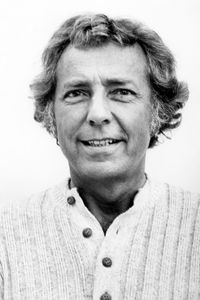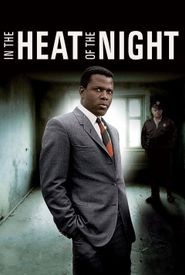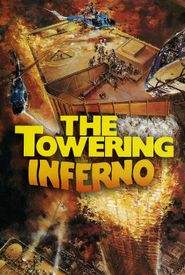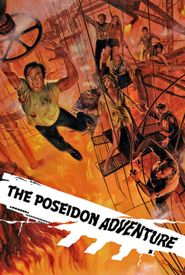Stirling Silliphant, born Sterling Dale Silliphant, was a Detroit-born individual whose family relocated to California when he was just two years old. He spent his formative years in Glendale and went on to graduate from the University of Southern California in 1938.
Silliphant's early career took him to the Walt Disney Studios, where he worked in the Publicity Department. Following his discharge from the army in 1946, he relocated to New York City to take up a role as Publicity Director for 20th Century-Fox. In 1953, he moved back to Hollywood with the goal of becoming a writer and producer, and eventually secured financing for his first film project, The Joe Louis Story (1953),which he produced but did not write.
Silliphant's subsequent work in film led him to collaborate with Walt Disney on a new TV series for children, The Mickey Mouse Club (1955). He personally approached Disney with ideas for the show's content and was hired to write and produce a segment, "What I Went to Be," which featured different careers that children might be interested in. The first entry in the series, "Airline Pilot and Airline Hostess," received positive reviews from adults and critics but failed to impress children, ultimately leading to Disney's decision to cancel the series.
Despite his dismissal from Disney, Silliphant's career continued to flourish. He went on to write well-received episodes for numerous TV series, including Alfred Hitchcock Presents (1955) and Perry Mason (1957),and played a key role in the creation of hit shows like Route 66 (1960) and Naked City (1958). He also authored over 50 books, wrote screenplays for directors such as Sam Peckinpah and Clint Eastwood, and penned a string of successful made-for-television movies, including Pearl (1978) and Fly Away Home (1981).
In his personal life, Silliphant married Tiana Du Long in 1974 and had one child. In the 1980s, he relocated his family to Thailand, where he continued to write mini-series and made-for-TV films.
Sadly, Silliphant passed away in Bangkok, Thailand, in 1996 due to complications from prostate cancer.


























































